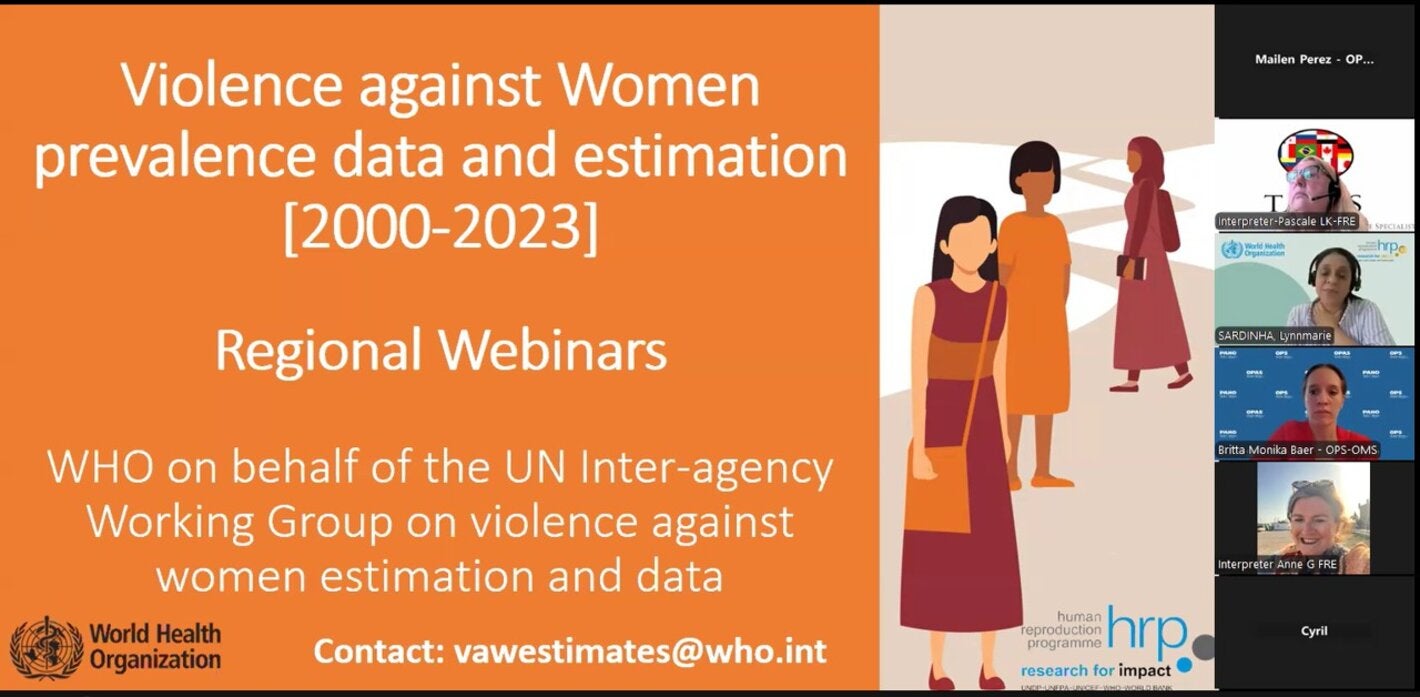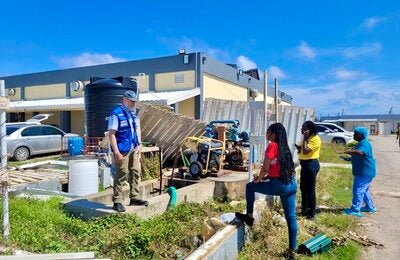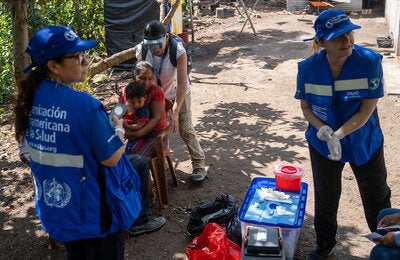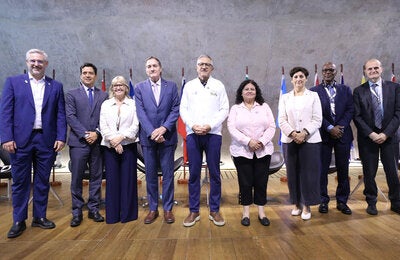
Washington, D.C., May 15, 2025 — More than 50 government representatives of the countries of the Region of the Americas participated in a webinar today to collaborate on the ongoing country consultation process towards new estimates on the prevalence of violence against women.
Violence against women is a major public health challenge globally and in the Region of the Americas, affecting about 1 in 3 women aged 15 and above in their lives. To understand the magnitude of the problem and inform policy and prevention programming, accurate data is essential.
The importance of violence against women prevalence data is reiterated by the Sustainable Development Goal (SDG) target 5.2, the WHO Global Plan of Action on interpersonal violence as well as the PAHO’s Strategy and Plan of action on violence against women. The data will also inform monitoring of an impact indicator in PAHO’s Strategic Plan. The new estimates for intimate partner violence and non-partner sexual violence (2000-2023) are being produced by WHO on behalf of the co-custodians of Sustainable Development Goals (SDG) 5.2 and the United Nations Inter-Agency Group on Violence against Women Estimation and Data. They will build on past estimates launched by WHO in 2021, available here.
The webinar was an important step in the process of updating focal points in Member States about the processes and methods for estimating levels of intimate partner violence and non-partner sexual violence and consulting them on the inclusion of additional data sources and country estimates. The webinar included presentations by WHO experts as well as a space for questions and answers by participants from Member States.
The development of internationally comparable estimates benefits greatly from these interactions with Member States. PAHO stands read to continue supporting Member States in this consultation process as well as in their work to strengthen responses to violence in countries.



